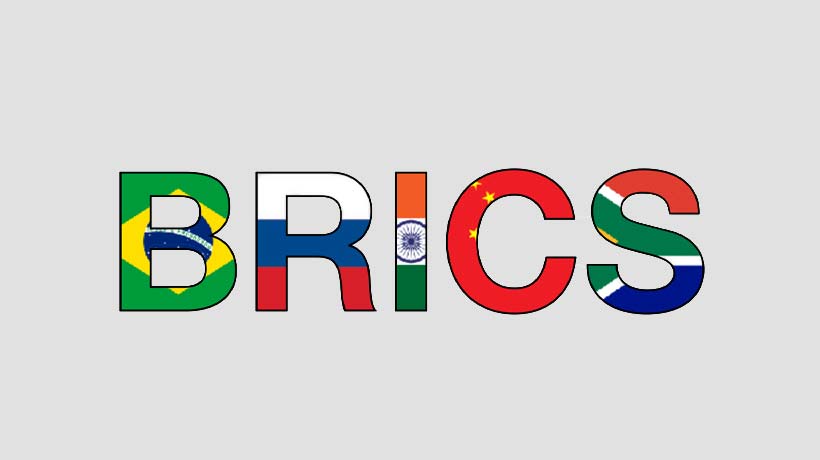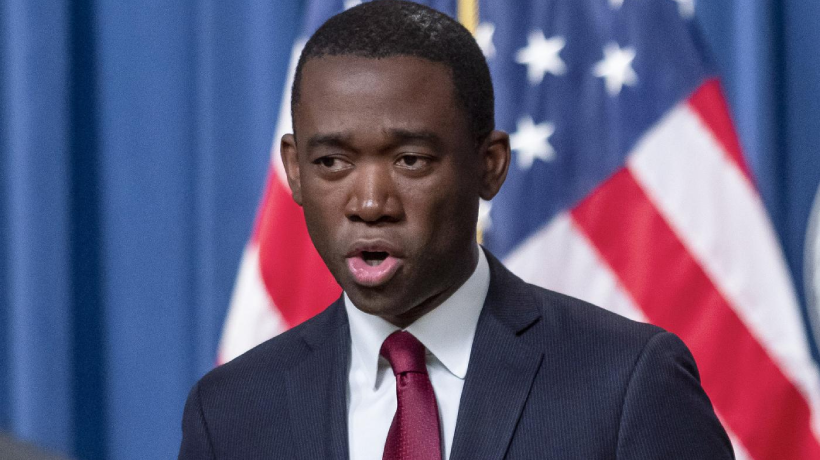
JOHANNESBURG - Is there a real alternative to the dollar? Finding the answear to this question is one of the goals at the BRICS Business Forum 2023. BRICS stands for Brazil, Russia, India, China and South Africa. "The the bloc is much more likely to offer piecemeal economic and diplomatic alternatives to the US-led global order than to dramatically replace it, analysts say. That could still lead to more tensions with the West as the grouping’s leaders seek to chart out an independent path in a world in flux. But to remain effective, the BRICS will need to manage the disparate priorities of its member nations – a challenge that will not be easy for the grouping to address".
The path to step outside the dollor global econmical power is already designed. "The South African presidency is working precisely on strengthening ties with Africa: on the third day of the summit, among over forty confirmed heads of state, most come from the African continent, as well as from Latin America, Asia and the Middle East" - Paolo Vittoria wrote on the italian newspaper "Il Manifesto".
Expectation is high, more than twenty countries have applied for membership and current members alone make up about 40% of the world's population and 25% of the global economy. Another topic under discussion is the unit of common value in commercial and investment transactions which does not replace national currencies, but creates a stable alternative to the dominant currencies: essentially, not depending on the dollar. In this sense, a sure shoulder is the New Development Bank, created by the BRICS and currently chaired by the former president of Brazil Dilma Rousseff.
So is there already concrete alternatives to trading in dollars? Not yet, but the direction seems to be creation of parallel financial institutions to the World Bank and the International Monetary Fund. in this scenario, could cryptocurrencies play a role? We don' t need to forget that both Russia and China, decided to invest in the new economy. Russia starting a trial for digital tubles with banks, China proposing to create a Digital ID System, whose goal is to have a sort of control on metaverse users. During the summit hoewer, South African hosts said there will be no proposals for a Brics common currency as an alternative to the dollar or euro.
Julian Borger on the Gurdian really made a powerful analysis of the situation. Borger underlined that "the White House, too, played down the likelihood of Brics turning into a powerful and cohesive bloc".
The national security adviser, Jake Sullivan, during a briefing, said : "This is a very diverse collection of countries … with differences of view on critical issues".
In his recorded remarks to the meeting, Putin blamed the volatility in global markets for food and other commodities on western sanctions, and said that Brics would be a force for fairness in international relations. “We cooperate on the principles of equality, mutual support and respect for each other’s interests,” he said. “This is the essence of the future-oriented strategic course of our association, a course that meets the aspirations of the main part of the world community, the so-called global majority.”
It's true that so often absence makes more noise than presence. This is the case of Chinese President Xi Jinping. Xi reaffirmed China's commitment to protecting the global South's common interests on an international scale, recalling that his country "resolutely supported the common interests of developing countries and worked to increase representation and voice of emerging markets and developing countries in global affairs" in his speech yesterday at the BRICS Business Forum 2023, on the eve of the South African summit of the BRICS (Brazil, Russia, India, China and South Africa) but it was not he who pronounced the his speech. His Commerce Minister Wang Wentao did it in his place.
Countries candidated as members are Iran, Argentina, Saudi Arabia, Kazakhstan, Vietnam, Indonesia, Ethiopia and Venezuela. The debate is about how far expansion should go and the criteria needed, India is so far the most cautious. As The gurdian underlined "Brazil supports the admission of Argentina into Brics, but has warned that rapid expansion could dilute the group’s influence".
Source: Aljazeera, The Guardian, Il Manifesto
FOLLOW THEMETAECONOMIST ON INSTAGRAM
READ ALSO ---> Microsoft flies towards a new era with Copilot

Ilaria Vanni is a TV journalist for italian broadcasting and coordinator of The Meta Economist portal. She has a philosphy degree and she's now studing the economic and technological issues connected to the new frontiers of the metaverse.





